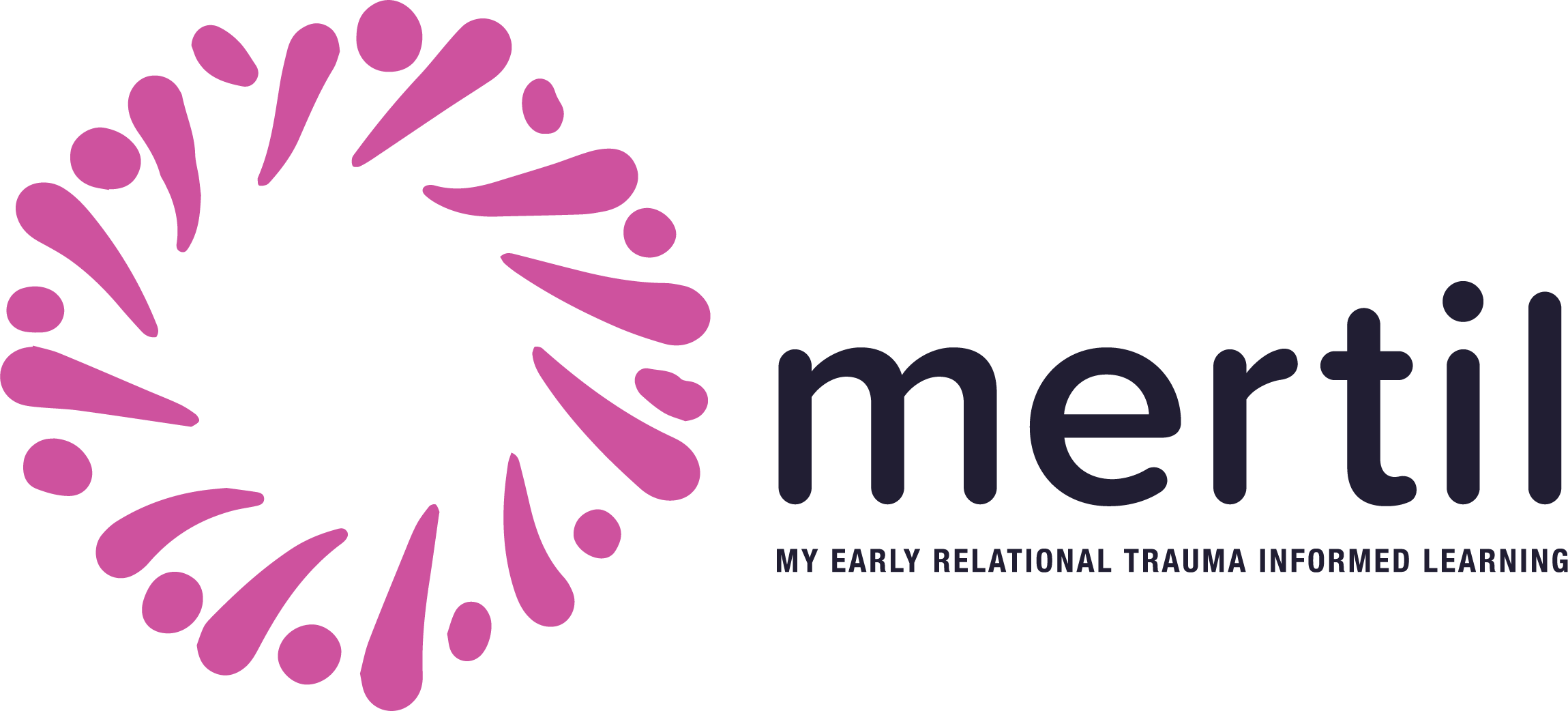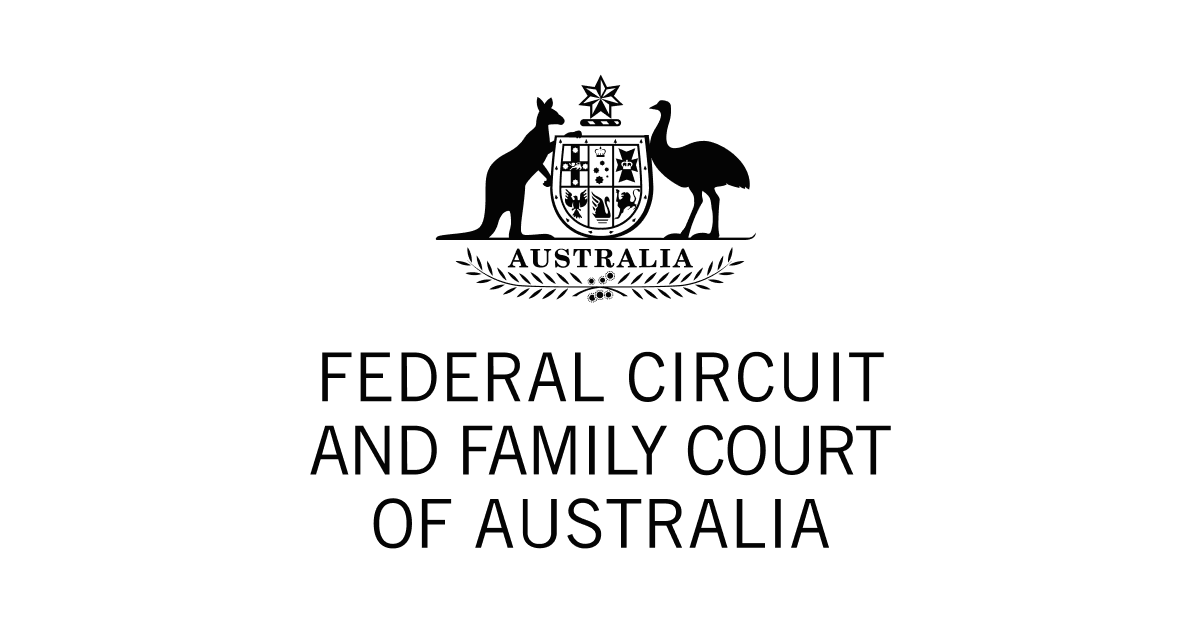Navigating tough times—whether you're a young person, parent, or caregiver—can be overwhelming, but you’re not alone. Below are a selection of trusted resources and support services that are here to help. Whether you're seeking guidance, a listening ear, or practical tools for managing family change, these links offer confidential, professional, and compassionate support.
These organisations specialise in areas like mental health, parenting after separation, and building strong family relationships. We encourage you to explore them and reach out if you or someone you know could use a hand.
Resources
Kid’s Helpline
Free, confidential support for young people aged 5–25, anytime you need it.
-
If you want to talk to someone else, the Kids Help Line can help. Call 1800 55 1800 or go to www.kidshelp.com.au.
Australia’s only free, confidential and anonymous, 24 hour telephone and online counselling service specifically for people aged between 5 and 25.
Support for families navigating separation, parenting, and relationship challenges.
Relationships Australia
-
If you want Family Dispute Resolution, enrolment in the KidsAreFirst parenting program, and access to other parenting support services, Relationships Australia can help.
Headspace
Mental health support for young people and their families during tough times.
-
Parents, carers and family can provide vital support for young people when they are having a tough time. Headspace is here to help support you through these challenges and transitions.
Children Beyond Dispute & YCIDS
Guidance and resources to support child-focused parenting through separation and divorce.
-
This is an international resource and training hub for building child focused pathways through times of family change and challenge. On their site you will find an array of evidence based educational and therapeutic resources, providing guidance, support and inspiration for separated families, to remain child focused and to find their higher ground in post-separation parenting.
YCIDS (pronounced “why-kids”) stands for Young Children in Divorce and Separation. YCIDS is an educational program for separated parents who have a baby or very young child, and intend to co-parent. The course enables mediators, counsellors, lawyers, or others to assist parents in making these decisions.
The Anchor Program - Uniting
Helping children and young people feel heard and supported during family separation.
-
Whether you’re dealing with a separation now or it was a while ago, finding someone to talk to can help. It’s your Anchor in the storm of separation.
With the Anchor Program you can find free tools, including:
Tip sheets for kids, adolescents and parents
Helpful information and videos
Links to other resources to download
Support groups for kids in the same boat
Programs to help parents support kids better
Resources for professionals.
The Anchor Program also offers:
Therapeutic groups for kids and adolescents – Storms, Jigsaw and Connect Kids
Child and Family Counselling
Seminars/information for parents
Seminars/information for other professionals.
Mertil For Parents
Practical tools and support to help parents nurture happy, resilient kids.
-
MERTIL for Parents is a short, online program that will help parents understand why trust matters so much to their baby or young child and development, plus how to grow it, repair it and keep it, especially when life is challenging.
The program supports parents of 0-5 yr olds to see their young child and behaviour differently, which can lead to an enhanced parent-child relationship. It explores small and big ruptures in the parent-child relationship and how to repair them. MERTIL for Parents was created by practitioners, parents, clinicians, and researchers, and is evidence-based, so all of the content is backed up by science.
They have a great video on the importance of “trust” in forming secure connections with between parents and children.
Children's Rights – UNICEF Australia
Promoting and protecting the rights of every child to grow up safe, healthy, and heard.
-
Article 12 of the United Nations Convention on the Rights of the Child states that every child who is capable of forming his or her own views has the right to express those views freely in all matters affecting the child. It states that the views of the child must be given due weight in accordance with the age and maturity of the child, and it ensures that the child be provided the opportunity to be heard in any judicial and administrative proceedings affecting the child, either directly, or through a representative or an appropriate body, in a manner consistent with the procedural rules of national law.
The Lundy Model of Child Participation, developed by Professor Laura Lundy, provides a practical framework to ensure that children’s views are meaningfully heard and considered in decision-making processes that affect them. It is widely used in child rights practice, particularly in alignment with Article 12 of the United Nations Convention on the Rights of the Child.
The model outlines four interdependent, critical elements:
Space
Children must be provided with a safe and inclusive opportunity to express their views. This includes creating environments (physical or virtual) that are welcoming, accessible, and supportive of diverse voices, including those of marginalised children.Voice
Children must be facilitated and supported to express their views freely. This may involve using age-appropriate methods, communication supports, and ensuring that children understand the topics they are being consulted on.Audience
Children’s views must be actively listened to by those in positions of decision-making. This means ensuring that there is a clearly identified audience (e.g., judges, caseworkers, or educators) that is responsible for receiving and considering the child’s input.Influence
Children’s views must be taken seriously and acted upon where appropriate. There should be transparent processes showing how their input has influenced decisions, including feedback loops to explain outcomes to the child.
These four elements ensure not just that children are heard, but that their participation is ethical, meaningful, and capable of impacting outcomes in decisions affecting their lives
Kid’s Corner
This is a place just for kids. It has lots of information about what happens when families ask the Court to help make decisions about kids.
Federal Circuit And Family Court Of Australia
Launch of the Federal Circuit and Family Court of Australia’s Children’s Charter and Kids’ Corner
CONTACT
We understand that seeking support for your family can feel overwhelming. Whether you’re navigating the family law system or looking for expert insight during a challenging time, our team is here to help.
Mindsight offers clear, compassionate guidance—ensuring you feel supported, informed, and confident every step of the way.









